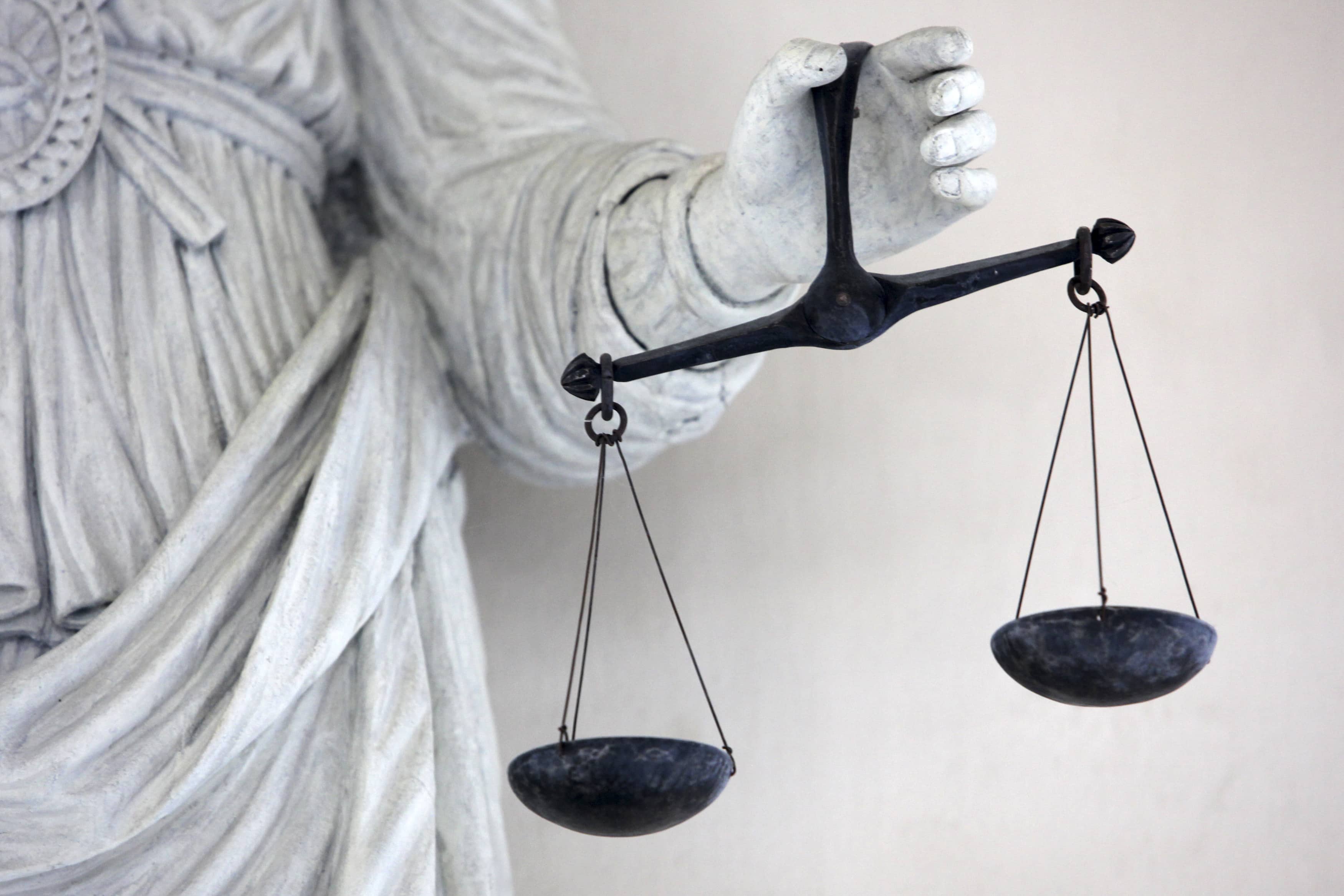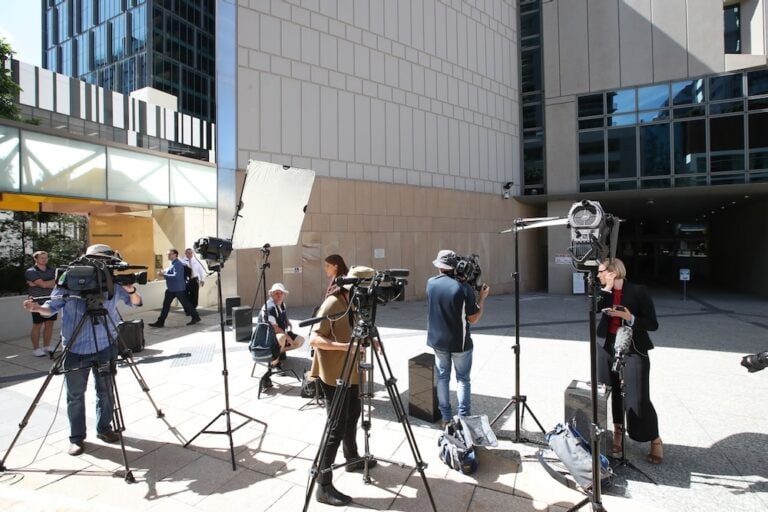The National Security Legislation Amendment Bill No. 1 2014 persecutes and prosecutes whistleblowers and imposes ludicrous penalties of up to 10 years' jail on journalists.
This article was originally published on alliance.org.au on 1 October 2014.
The Media, Entertainment & Arts Alliance (MEAA), the union and industry advocate for Australia’s journalists, has condemned the passing of the National Security Legislation Amendment Bill No. 1 2014 in the House of Representatives today [1 October].
MEAA federal secretary Christopher Warren said: “It’s a very sad day for press freedom and for the public’s right to know in Australia. MEAA has opposed this legislation from the outset. What is particularly distressing is that so many elected representatives and senators can shrug off the implications of this legislation and the threat it presents to long-held, cherished rights.
“International freedom of expression groups such as the Committee to Protect Journalists, Privacy International, the Electronic Freedom Frontier and Index on Censorship have all recognised this Bill exactly for what it is: an unprecedented attack on freedom of expression and the right to information in Australia,” he said.
MEAA has long opposed the steady erosion of freedom of expression and the right to information:
- MEAA has expressed concerns about the powers granted to law enforcement and intelligence agencies since 9/11 and has catalogued the threats to press freedom in our annual state of press freedom reports in Australia
- On Friday July 18 this year, immediately after the Bill was introduced in the Senate by the Attorney-General George Brandis, MEAA wrote to Brandis as well as Shadow Attorney-General Mark Dreyfus, Greens Senator Scott Ludlum, Independent Senator Nick Xenophon and Clive Palmer MP about its concerns with the National Security Legislation Amendments Bill and the effect it will have on journalism.
- On August 6 MEAA presented a submission to the Parliamentary Joint Committee on Intelligence and Security and signed on to a joint media organisations submission submitted by Australia’s Right to Know:
- On August 18 MEAA was the only media organisation to appear at the committee’s public hearing into the Bill.
“The Committee’s report introduced an additional threat to the media by imposing a recklessness test on journalists for publishing information. A second amendment allows the commonwealth Director of Public Prosecutions to consider the public interest before proceeding with a prosecution – but it is unlikely the DPP has the same perspective of what is in the public interest as journalists, the media and the public itself have,” Warren said.
“As we have said time and again, this Bill criminalises legitimate journalist reporting of matters in the public interest. It overturns the public’s right to know. It persecutes and prosecutes whistleblowers and journalists who are dealing with whistleblowers. It imposes ludicrous penalties of up to 10 years jail on journalists. It imposes outrageous surveillance on journalists and the computer networks of their media employers. It treats every Australian as a threat. It inoculates ASIO and other government agencies from legitimate and necessary public scrutiny while handing them extraordinary powers to invade people’s lives,”Warren said.
MEAA is calling on its members, fellow journalists, media employers and other interested groups to campaign to ensure that legitimate national security concerns are not allowed to override press freedom, freedom of expression, freedom of access to information and the public’s right to know.
Warren speaks to ABC News about the laws.



